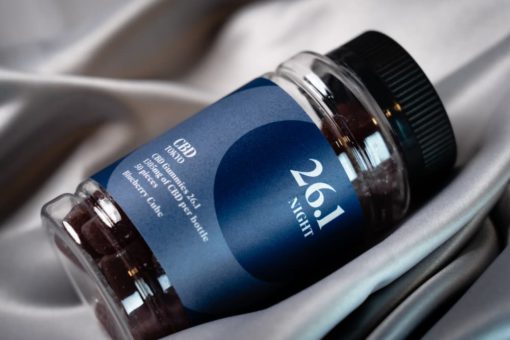CBD Articles, CBD Dosage, CBD in Japan
Why am I not feeling the effects of CBD?
So you have tried harvesting the benefits of CBD before? How did it work for you? If you think that your CBD experience was not as fruitful as it should be, then this article is for you. We’ll help you find out why you are not feeling the effects of CBD or at least point you in the right direction so you can get full value for your money and enjoy a more positive and quality lifestyle courtesy of your favorite CBD.
Is CBD effective?
Does CBD work? Certainly, it does. Cannabidiol is one of the many chemical compounds found in the cannabis plant. It is however special in that it can offer a plethora of holistic medical benefits. Unlike tetrahydrocannabinol (THC) it does not come with any serious adverse effects such as addiction to the marijuana high.
With so much anecdotal evidence of the magic that is in CBD, several researchers have come out to put it to the test. The results from this research have come out to prove that CBD is effective in tremendously improving the quality of lifestyle for several conditions.
Why does CBD take so long to kick in?
You will probably be asking if it works, why does CBD take so long to kick in? Well, our bodies have a solid endocannabinoid system. However, how CBD interacts with endocannabinoid receptors varies from one person to the next. The effects of CBD typically become apparent between thirty minutes to an hour after consumption.
The time that CBD takes to kick in is dependent on several factors.
The severity of your condition
Severe conditions will require a higher concentration of CBD for you to see the benefits. This will make it easier to activate endocannabinoid receptors on a bigger scale to provide big enough homeostatic stimuli. Sometimes it may require you to take the same CBD amount for a longer time, say a month, while in some cases a week is enough to enjoy the many benefits.
Your body
Our bodies are different. If we all took the same quantities and qualities of CBD, it would certainly bring varied results. For instance, our metabolism is different. Some people will absorb the CBD faster while some will excrete it even faster.
The different CBD forms
CBD comes in different forms. We have some forms meant for ingestion, sublingual use, topical and even those to be inhaled.
Inhaling CBD by smoking it or vaping gets you the quickest benefits. The CBD goes into direct circulation faster and in larger quantities.
Sublingual absorption is relatively faster compared to the other CBD forms. By bypassing the digestive system and instead getting absorbed through the thin epithelium, most of the CBD gets into direct circulation faster.
Ingesting CBD means it has to undergo digestion before absorption. With some of the CBD broken down during digestion, the effects can take even longer but tend to stay in your system even longer as a benefit.
Topical CBD acts faster for localized conditions. If you have muscle stiffness and you apply some CBD oil to the stiff area, it will work faster than using topical CBD for your digestive system discomfort.
What causes CBD to stop working?
Two general reasons can cause CBD to stop working.
The quality of your CBD
Certainly, if the purity and potency of your CBD are questionable, it is almost guaranteed that its benefits will fall short of your expectations. Only consume high-quality CBD from trusted vendors. Have a look at our webshop for our trusted CBD products.
Amount
Unfortunately, there’s no conventional recommended amount for CBD. Based on the severity of your condition, your body, and the CBD form that you are taking, you can alter your amount for full benefits. If you are taking a lower amount, the effects may be hard to come by. Starting with small amounts followed by altering them in favor of how you perceive the benefits over time has proved very effective in achieving an amount that works for you.
As always, exercise caution and seek advice from a certified healthcare expert to understand why you aren’t achieving the anticipated benefits of CBD.
References
- https://www.ncbi.nlm.nih.gov/pmc/articles/PMC8223341/
- https://www.ncbi.nlm.nih.gov/pmc/articles/PMC5877694/
- https://www.health.harvard.edu/staying-healthy/the-truth-about-metabolism
- https://www.healthline.com/health/sublingual-and-buccal-medication-administration
- https://pubmed.ncbi.nlm.nih.gov/16596788/








